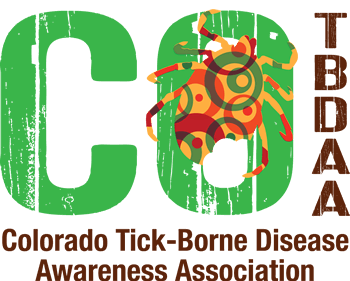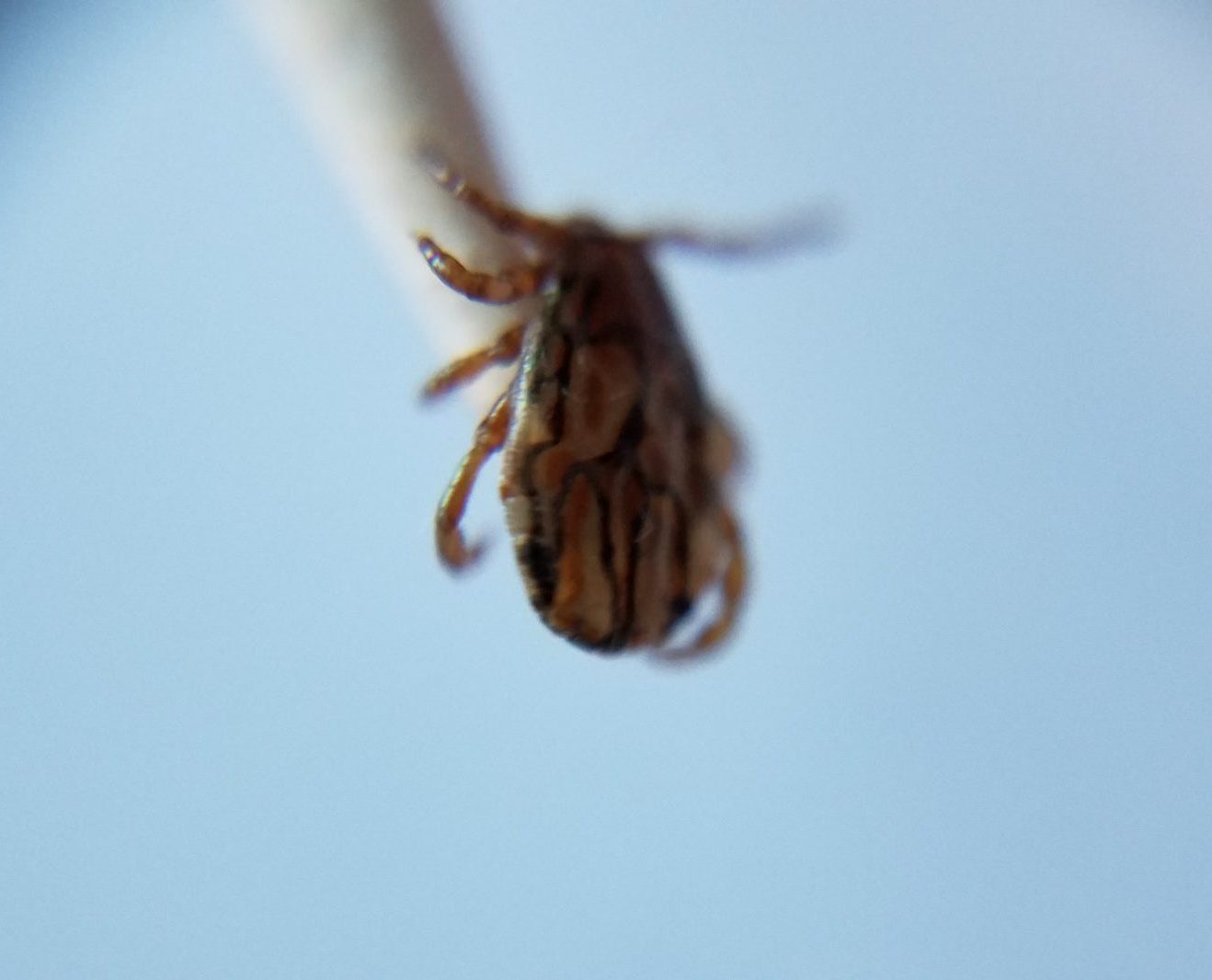Research Study Recruitment: Congenital Lyme Disease
[vc_row][vc_column][vc_column_text] Pregnant participants needed for study! Children’s National Hospital – Congenital Infection Program has launched a pilot study being led by Sarah Mulkey, MD, PhD, “Pregnancy and Early Neurodevelopmental Outcomes Following In Utero Lyme Disease Exposure.” [perfectpullquote align="left" bordertop="false" cite="" link="" color="" class="" size=""]The study is actively recruiting pregnant volunteers to participate in questionnaires, one fetal MRI and ultrasound, one infant MRI and ultrasound, two in-person neurology evaluations, and two blood draws.[/perfectpullquote] This study will assess the feasibility of evaluation for outcomes of pregnancies of women affected by Lyme disease infection. Brain development of fetuses, infants, and children exposed to Lyme disease in utero will be assessed. Infants will be followed from birth to age 18 months. Study participants will be reimbursed for their travel up to 230 miles each...









